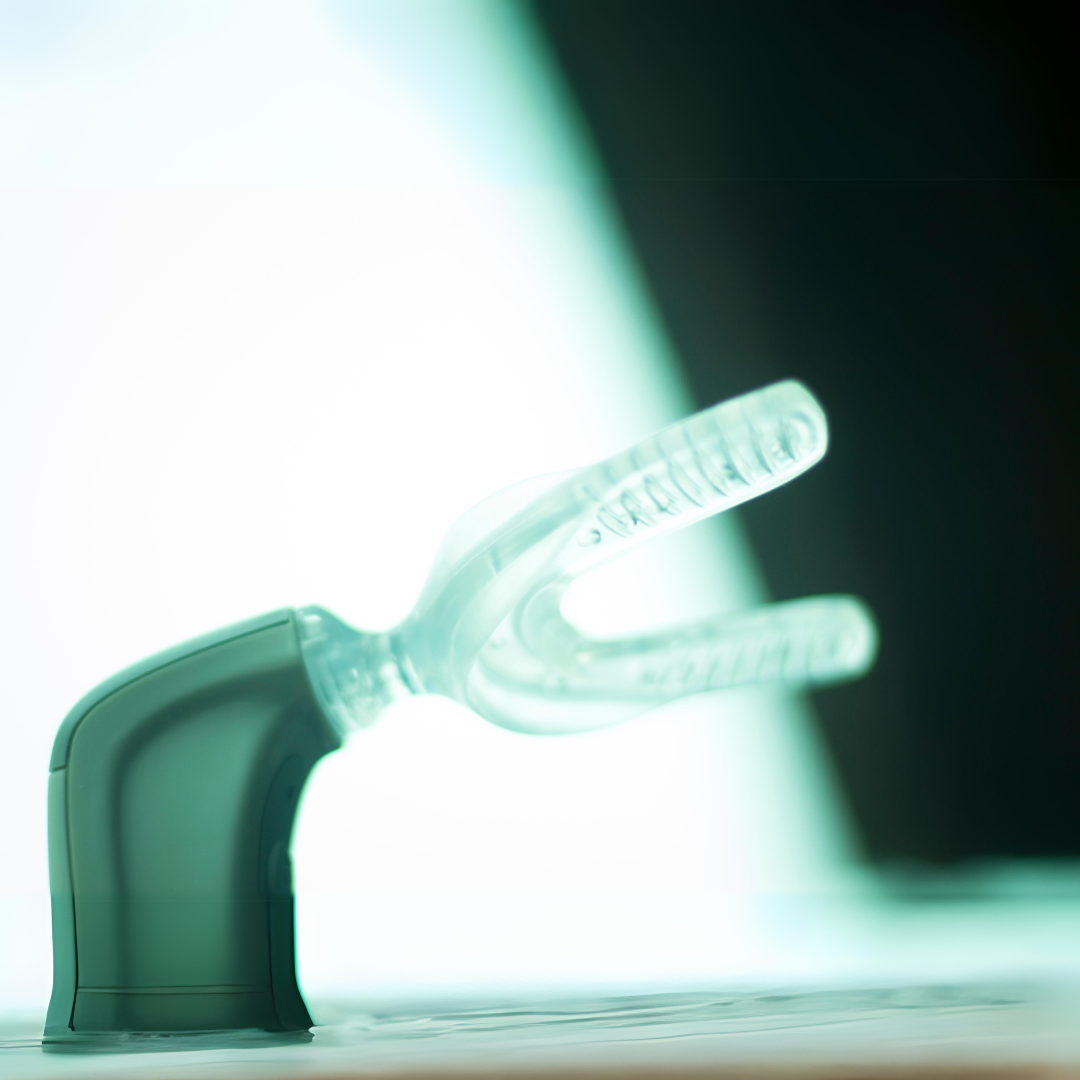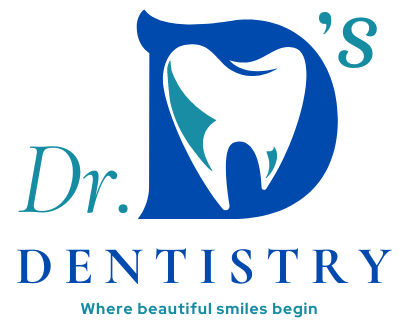A healthy pregnancy goes beyond regular doctor visits and prenatal vitamins—it also includes taking care of your oral health and Healthy Baby. Pregnancy can affect your teeth and gums in various ways, but with the right dental care plan, you can protect your smile and promote your baby’s well-being. This complete guide will help you understand the importance of dental care during pregnancy and provide practical tips for maintaining excellent oral health.
Why Oral Health Matters Healthy Baby during pregnancy
Pregnancy hormones can have a significant impact on your mouth, often increasing your risk of gum disease and cavities. Neglecting oral care during pregnancy can not only affect your dental health but may also lead to complications for your baby. Research suggests that severe gum disease during pregnancy may be linked to premature birth and low birth weight. Keeping your mouth healthy baby helps contribute to a healthy pregnancy.
Common Oral Health Issues During Pregnancy
- Pregnancy Gingivitis
Hormonal changes during pregnancy make your gums more sensitive to plaque, increasing the likelihood of pregnancy gingivitis. Gingivitis is characterized by swollen, red, and bleeding gums. If untreated, it can progress to periodontitis, a more serious form of gum disease that may increase the risk of pregnancy complications like preterm birth. - Increased Risk of Cavities
Pregnant women may be more prone to cavities due to factors like cravings for sugary snacks, morning sickness, and changes in oral hygiene habits. Acid from vomiting weakens tooth enamel, making your teeth more vulnerable to decay. - Pregnancy Tumors
Some pregnant women develop benign growths on their gums, known as pregnancy tumors. These growths are not harmful and typically disappear after delivery, but they can cause discomfort or bleeding. They’re usually caused by excessive plaque buildup. - Dry Mouth
Many pregnant women experience dry mouth (xerostomia), which can lead to discomfort, difficulty chewing, and an increased risk of cavities. Staying hydrated and chewing sugar-free gum can help stimulate saliva production and keep your mouth moist.
Your Pregnancy Dental Care Plan
With a few simple strategies, you can maintain a healthy baby smile throughout your pregnancy and help ensure your baby’s health as well.
1. Prioritize Oral Hygiene
- Brush your teeth twice a day with fluoride toothpaste. Use a soft-bristled toothbrush to prevent irritating sensitive gums for healthy baby.
- Floss daily to remove plaque and food particles between your teeth. This will help reduce the risk of gingivitis and cavities.
- If your gums are bleeding or feel sore, don’t stop brushing or flossing. Instead, be gentle, but consistent, to help reduce inflammation.
2. Rinse After Morning Sickness for healthy baby
- If you experience morning sickness or acid reflux, the acid from vomiting can erode your tooth enamel. Rinse your mouth with water or a baking soda solution (1 teaspoon of baking soda in a cup of water) to neutralize the acid. Wait at least 30 minutes before brushing to avoid damaging your enamel for healthy baby.

3. Eat a Nutritious Diet
- A well-balanced diet supports both your dental health and your baby’s development. Foods rich in calcium, vitamin D, and phosphorus help maintain strong teeth and bones. Include dairy products, leafy greens, nuts, and fortified cereals in your meals.
- Limit sugary snacks and beverages, as these can contribute to tooth decay. If you indulge in a craving for something sweet, try to brush afterward or rinse your mouth with water.
4. Stay Hydrated
- Drink plenty of water throughout the day to stay hydrated and promote saliva production. Water helps rinse away food particles and bacteria, reducing the risk of cavities and gum disease.
5. Visit Your Dentist Regularly
- Schedule a dental check-up early in your pregnancy and inform your dentist that you’re pregnant. Regular cleanings and exams are safe during pregnancy and can help prevent plaque buildup, cavities, and gum disease.
- Your dentist will monitor your gums for signs of pregnancy gingivitis and provide treatment if necessary. Most routine dental procedures, including fillings, are safe during pregnancy, but it’s best to avoid major dental treatments during the first trimester if possible.
- Be sure to keep up with your dental visits throughout pregnancy, as your oral health needs may change over time.
Dental Treatments During Pregnancy: What’s Safe?
Most preventive and routine dental treatments are safe during pregnancy, especially during the second trimester, which is considered the safest time for dental work. Here’s a breakdown of what’s typically safe and what to avoid:
- Cleanings and Exams: Safe at any stage of pregnancy, routine cleanings and check-ups are essential for maintaining oral health.
- X-rays: While dental X-rays are generally avoided during pregnancy, they can be performed if absolutely necessary. Dentists use protective shields to minimize any risk to your baby.
- Fillings and Restorative Work: Most fillings and minor procedures are safe, but non-urgent treatments are often postponed until after delivery to minimize any stress or discomfort.
Postpartum Dental Care
After your baby is born, it’s still important to focus on your oral health, as hormonal fluctuations can continue to affect your gums. You might also find yourself busier and more fatigued, making it easier to skip brushing or flossing. However, maintaining your oral hygiene routine will help prevent issues down the road.
- Schedule a Postpartum Dental Visit
Once you’ve settled into your new routine with your baby, schedule a dental visit to check on your teeth and gums. If you experienced pregnancy gingivitis, your dentist can assess whether it has resolved or requires further treatment. - Continue Good Oral Hygiene
Don’t let a busy schedule cause you to neglect your teeth. Brushing and flossing daily, along with regular dental check-ups, will help maintain your oral health. - Monitor for Signs of Gum Disease
Hormonal changes can linger post-pregnancy, and some women may still experience gum sensitivity or inflammation. Keep an eye on any lingering gum issues and consult your dentist if symptoms persist.
Caring for Your Baby’s Future Oral Health
As you focus on your own dental health during and after pregnancy, it’s also important to think about your baby’s future oral health. Good habits early on can set the stage for a lifetime of healthy baby teeth. Here are some tips to ensure your baby’s teeth develop properly:
1. Breastfeeding and Bottle-Feeding
- Both breastfeeding and bottle-feeding play a role in your baby’s oral health. While breastfeeding has many benefits, prolonged or frequent night feedings without cleaning the baby’s mouth afterward can lead to cavities when teeth begin to emerge. Bottle-feeding can pose similar risks, especially if the baby falls asleep with a bottle of milk or juice.
- To reduce the risk of tooth decay, avoid giving your baby sugary liquids, and clean their gums after feeding using a clean, damp washcloth.
2. Caring for Baby’s First Teeth
- As soon as your baby’s first tooth appears (usually around six months), begin gently brushing their teeth with a soft-bristled toothbrush and a tiny smear of fluoride toothpaste. This helps remove plaque and establishes a routine for oral care.
- Avoid putting your baby to bed with a bottle, as this can lead to baby bottle tooth decay—a condition where the sugars in milk or juice create an environment for bacteria to thrive, damaging your baby’s developing teeth.
3. Schedule Your Baby’s First Dental Visit
- The American Dental Association recommends scheduling your baby’s first dental visit by their first birthday or within six months of the appearance of their first tooth. Early dental visits can help prevent cavities, monitor growth, and establish good dental habits for the future.
4. Watch for Signs of Teething
- Teething is a normal part of your baby’s development but can be uncomfortable. Symptoms include drooling, irritability, and a tendency to chew on objects. While teething won’t harm their oral health, keeping your baby’s gums clean and soothing discomfort with a chilled teething ring can help.
Building a Foundation for Lifelong Dental Health
A healthy baby pregnancy dental care plan not only benefits you but also sets your baby up for lifelong oral health. As your baby grows, teaching them the importance of dental hygiene becomes a key part of their overall health. Here are some tips to ensure your child continues developing healthy baby habits:
- Start Early with Good Habits
- As your child’s teeth come in, brushing and flossing should become part of their daily routine. Help your child brush their teeth twice a day using a fluoride toothpaste. Children’s toothbrushes with smaller heads and softer bristles are ideal for their developing mouths.
- Make brushing fun by using colorful toothbrushes, playing music, or using toothbrushing apps to encourage them to enjoy the process.
- Teach the Importance of Flossing
- Once your child’s teeth begin to touch, introduce flossing. Flossing helps remove plaque and food particles between teeth, preventing cavities and gum disease. Teach your child how to floss properly, and supervise until they can do it independently.
- Encourage Healthy baby Eating Habits
- A balanced diet is just as important for your child’s dental health as it is for yours. Limit sugary snacks and beverages, as these can lead to tooth decay. Instead, encourage your child to eat foods rich in calcium, like yogurt, cheese, and leafy greens, which help strengthen teeth.
- Drinking water is essential for oral health. Water helps wash away food particles and bacteria, and fluoridated water can strengthen enamel and prevent cavities.
- Regular Dental Check-Ups
- Take your child for regular dental check-ups every six months, starting from their first visit. Early exposure to the dentist helps normalize dental care and allows your dentist to monitor your child’s oral development, address any concerns early, and keep their teeth healthy baby as they grow.
- Preventing Cavities
- Cavities are one of the most common childhood dental issues. In addition to regular brushing and flossing, consider dental sealants and fluoride treatments, which your dentist can provide to help protect your child’s teeth from decay.
- Avoid giving your child sugary drinks or snacks, especially between meals. Encourage them to drink water and eat whole fruits, vegetables, and other nutrient-dense foods.
Conclusion: A Lifetime of Healthy baby Smiles
Your pregnancy dental care plan is an essential part of both your health and your baby’s well-being. By taking care of your teeth during pregnancy and establishing healthy baby habits for your child, you can ensure that both you and your baby enjoy a lifetime of strong, healthy baby smiles.
From brushing and flossing to regular dental visits and a balanced diet, the steps you take now will have a lasting impact. Your efforts to maintain good oral health during pregnancy will not only protect your teeth and gums but also lay the foundation for your baby’s dental care journey. A healthy baby smile is a gift you can give both yourself and your child—one that will benefit them for years to come!


